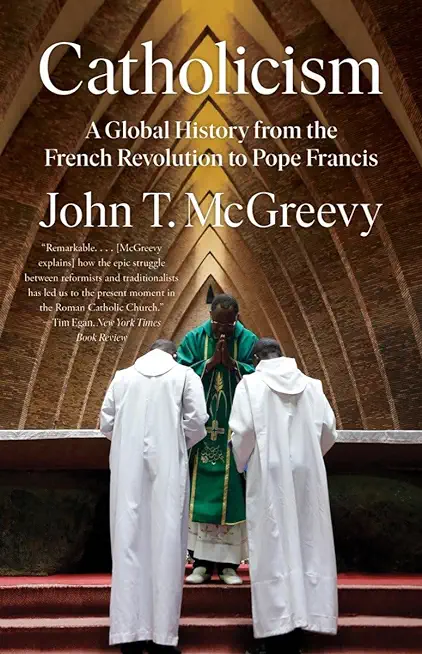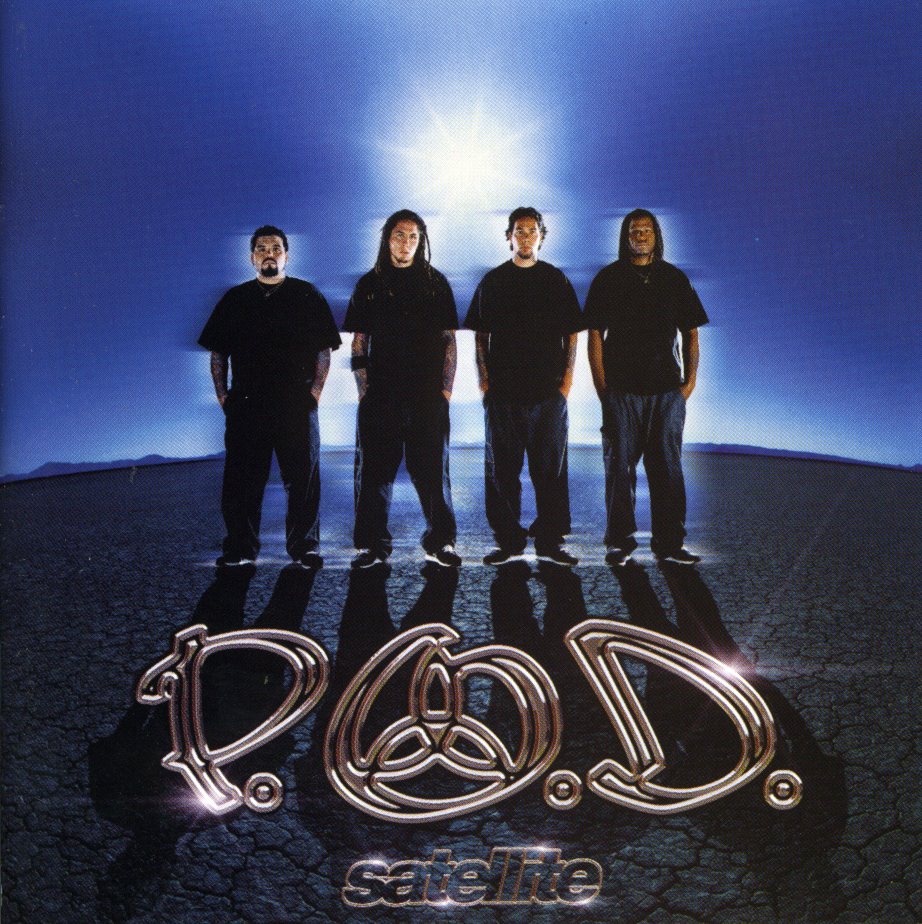
McGreevy, John T.
Through powerful individual stories and sweeping birds-eye views, Catholicism provides a mesmerizing assessment of the Church's complex role in modern history: both shaper and follower of the politics of nation states, both conservator of hierarchies and evangelizer of egalitarianism. McGreevy documents the hopes and ambitions of European missionaries building churches and schools in all corners of the world, African Catholics fighting for political (and religious) independence, Latin American Catholics attracted to a theology of liberation, and Polish and South Korean Catholics demanding democratic governments. He includes a vast cast of riveting characters, known and unknown, including the Mexican revolutionary Fr. Servando Teresa de Mier; Daniel O'Connell, hero of Irish emancipation; Sr. Josephine Bakhita, a formerly enslaved Sudanese nun; Chinese statesman Ma Xiaobang; French philosopher and reformer Jacques Maritain; German Jewish philosopher and convert, Edith Stein; John Paul II, Polish pope and opponent of communism; Gustavo Gutiérrez, Peruvian founder of liberation theology; and French American patron of modern art, Dominique de Menil.
Throughout this essential volume, McGreevy details currents of reform within the Church as well as movements protective of traditional customs and beliefs. Conflicts with political leaders and a devotional revival in the nineteenth century, the experiences of decolonization after World War II and the Second Vatican Council in the twentieth century, and the trauma of clerical sexual abuse in the twenty-first all demonstrate how religion shapes our modern world. Finally, McGreevy addresses the challenges faced by Pope Francis as he struggles to unite the over one billion members of the world's largest religious community.







